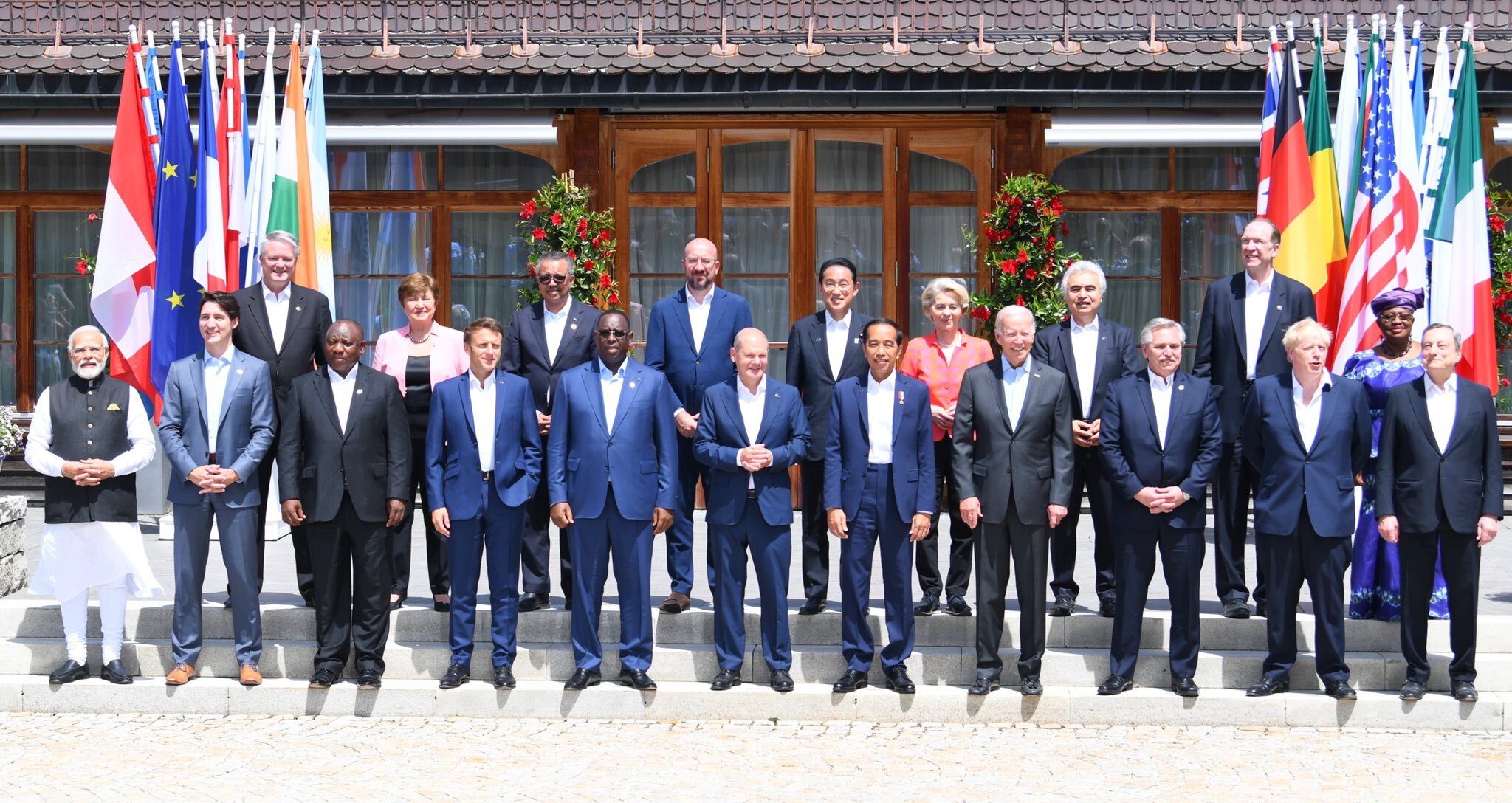
Prime Minister Narendra Modi, who arrived in Germany to attend the G-7 summit, addressed a session on climate, energy and health at the Alpine Kestel in Schloss Elmau on Monday.

In an attempt to minimize the use of plastic in the packaging, Godrej appliances have announced that the company has filed for a patent for eco-friendly packaging. Godrej Appliances is planning to replace Expanded Polystyrene Foam (EPS) which is known as thermocol with paper-based honeycomb (HC) packaging solutions.

India’s prime minister visited the G7 summit and made an address to the nations, he said “India's dedication to climate commitments is evident from its performance.”

Renewable Energy Certificates(REC) worth 9,000 crores have been sold since a decade ago, a report shows that there are very few voluntary takers of renewable energy certificates.

Egypt’s International Cooperation Minister Rania Al-Mashat emphasized the need for adequate financing tools to achieve the climate action goals. She highlighted that one of the main obstacles to the climate action targets is the lack of climate financing.

Prime Minister Narendra Modi has arrived in Munich, Germany to attend the 48th summit of the G-7. He will participate in the G-7 meeting to be held in Munich, Germany today. During this, he will discuss many global issues including the environment, and climate change.

Heads of state from the G7 nations will gather in Germany this year for the annual G7 meet. Germany wants to focus on inflation, global warming, global energy crisis and Russia’s invasion of Ukraine.

Climate change will make rivers in India uninhabitable for aquatic life in coming years.

In an attempt to sensitise citizens about the importance of safe disposal of electronic waste Vijayawada Municipal Corporation (VMC) organised an awareness drive at IGMC Stadium. The Vijaywada Civic body recently launched a waste processing unit for the safe disposal of electronic waste and flower waste.

The Eco-park which was announced by Manish Sisodia in the month of February this year finally gets a nod from DDA for the land use to get established. The decision came from DDA with the other development projects to raise the standard of living in the national capital.